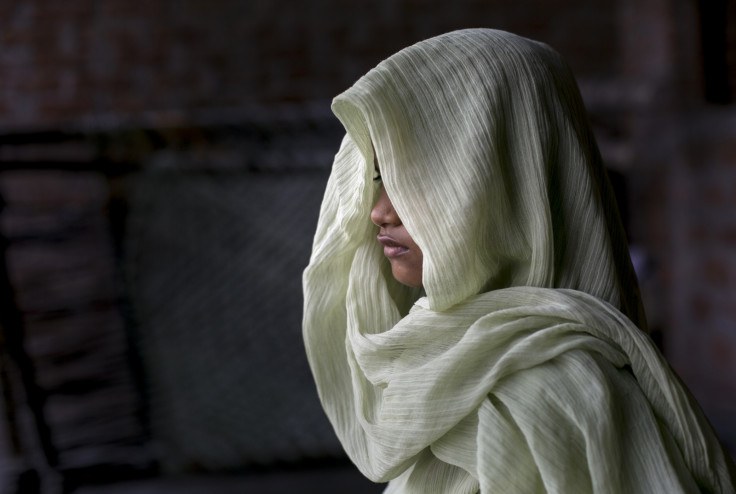UN urges Nepal to investigate landmark claims of gang rape and torture by civil war soldiers
Purna Maya, 48, was allegedly raped and tortured by troops during the brutal conflict. Her case is the first to get attention.

The UN Human Rights Committee (UNHCR) is calling on Nepal to investigate the case of an alleged gang-rape of a woman at the hands of Nepalese troops during the country's civil war, which raged for a decade until 2006.
The conflict, which pitted government forces against Maoist rebels who wanted to overthrow the then monarchy, caused the death of some 18,000 people and the displacement of hundreds of thousands.
It is believed this is the first time that the committee has brought a case of sexual violence during the Nepalese conflict to the attention of the government, urging it to investigate it. Purna Maya (not her real name), 48, was allegedly raped in 2004 by Nepalese soldiers.
During the conflict, she was living with her daughter in the Dailekh district in a shack that also served as a tea shop, often frequented by government troops. "They used to scold her and accuse her of being a 'spy for the Maoists'," UNHCR said.
The army allegedly threatened Maya that she would face consequences unless she could provide solid information on her husband's suspected affiliation with the Maoists. Maya's husband lived and worked in another city with his second wife.
One day, Maya was then taken to the Bhawani Bakash army barracks for further questioning. She was blindfolded and taken to a room where she was interrogated by several officials, some of whom kicked her and punched her.
An official, named only as J.T., allegedly raped her twice. She was then abused by three other soldiers, until she lost consciousness. The alleged gang-rape left Maya permanently scarred. She suffered severe injuries to her uterus, which had to be surgically removed.
The Committee said the woman was victim of sexual violence, torture and gender-based violence and said she was entitled to full reparation. It further called on the government to remove obstacles that hinder prosecution of sexual violence, including a 35-day statute of limitation for filing complaints of rape. It also said authorities should facilitate a national dialogue on sexual violence against women.
Maya publicly denounced the violence in 2006, but little was done. When her husband heard about the rape, he cut off food allowances for Maya and their daughter.
The victim decided to file a lawsuit in 2010, after undergoing a rehabilitation programme run by Kathmandu-based human rights group Advocacy Forum, which works with women affected by the conflict. She is being represented by both Advocacy Forum and NGO Redress.
'Not an isolated case'
Both government troops and rebels were accused of committing "grave human rights abuses" including unlawful killings, torture, and enforced disappearances during the war.
Human Rights Watch (HRW) and Advocacy Forum conducted interviews with dozens of Nepalese women who claimed they had been raped during the conflict. Some of them were as young as 12 when the alleged violence took place.
"Nepal's government has acknowledged that women suffered rape during these years. Yet it has failed to deliver on its promise to end impunity for abusers, or to seek justice and reparations for victims of human rights violations," HRW said in a 2014 report.
To date, the extent of sexual violence during the conflict remains unknown.
© Copyright IBTimes 2025. All rights reserved.






















